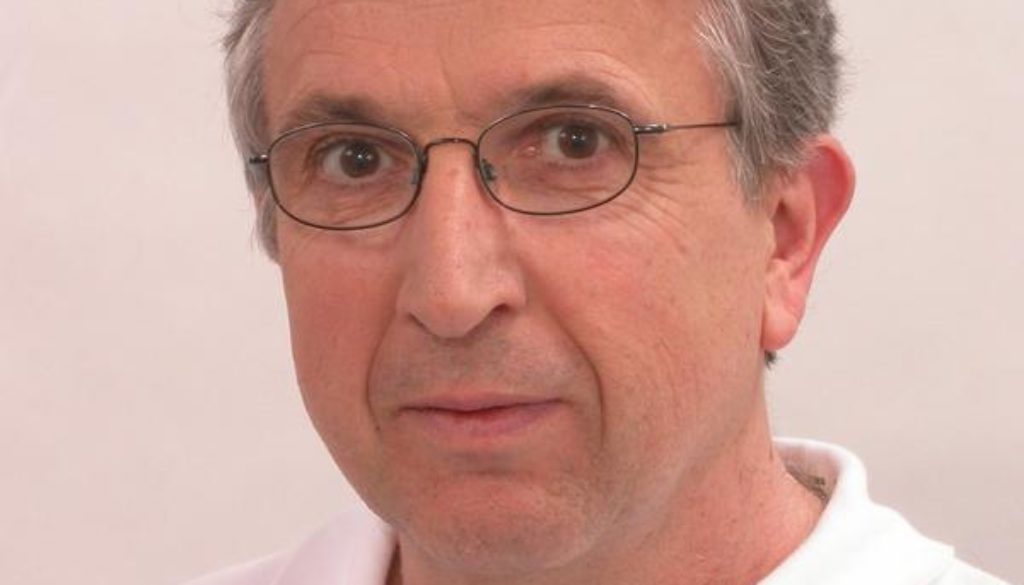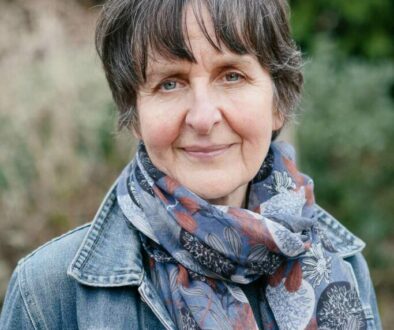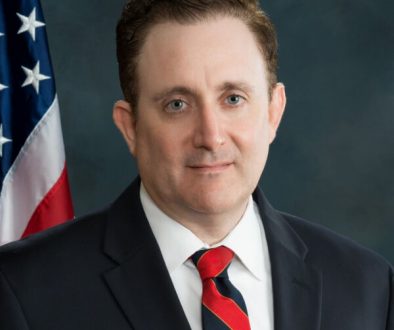Interview with Dr Rolf Simon
 Dr Simon is a specialist surgeon in the fields of orthopedic surgery and trauma surgery, in addition to emergency medicine. He is senior emergency physician at the University of Heidelberg medical clinic.
Dr Simon is a specialist surgeon in the fields of orthopedic surgery and trauma surgery, in addition to emergency medicine. He is senior emergency physician at the University of Heidelberg medical clinic.
Antidote Europe (AE) : Please could you tell our readers when and how you discovered animal experiments in the course of your medical career. What aspect of animal experiments made you feel that something was wrong with this practice ?
Rolf Simon (RS) : My first encounter with animal experiments dates back to a physiology demonstration using rabbits that I witnessed during my student years in preclinical human medicine. The aim was to study the effects of various drugs on heart activity. I also witnessed deep brain stimulation in cats as part of my clinical education/scientific studies. The cats would be left to die a painful death in isolation cages.
As well as being cruel, animal research can be highly confusing. Anesthesia guidelines for one species may be disastrous when applied to a different species. Faulty assumptions lead to the absence of any plausible “research logic”. Significant species-specific differences apply to all of the following fields: physiology, anatomy, cognition, intelligence, behavior, sensory-psychomotor activity and biomechanics.
Thus one cannot establish an analogous relation between animal and human : environmental conditions, metabolism, age, “handling” of animals, test conditions and induced stress in the animal laboratory all lead to a distortion of “biological parameters” in unpredictable ways.
The result of such a paradigm is bad education and poor research results.
For these reasons, animal research in German Universities should be replaced with e-learning models and skill labs.
AE : Did you encounter animal experiments during your training as a surgeon ? Were you required to perform animal experiments as part of your training to become a specialist (orthopedic) surgeon ? In your opinion, is it possible to become an orthopedic surgeon without practicing on animals ? Could you describe what would be an alternative to using animals ?
RS : For ethical reasons (“first do no harm”), I avoided any animal research in order to improve my skills, nor have I ever actively taken part in any animal experiment. Anatomical differences between pigs and humans, for example, can result in systematic wrong learning. By applying and teaching knowledge acquired from animal studies to the human patient, with respect to anatomy, physiology, age, and health status, perceived similarities can lead to medical errors and serious complications in humans. These days, real-life operating room situations and techniques can be simulated by cost-effective non-animal alternative methods. The use of such sophisticated alternatives is advantageous for human patients in addition to animal welfare considerations.
These teaching aids allow us to get as close as possible to real surgery and emergency situations in a teaching environment. No animals are used. Instead, human manikin and skill labs are efficient and ethical. Let us remind ourselves that animals also have a right to life and to be protected from suffering.
AE : Could you describe your role at Aertze gegen tierversuche (Doctors Against Animal Experiments) and how you communicate your message to (1) the general public and (2) the scientific community. What are the biggest obstacles and challenges that you face ?
RS : My main roles include the following: a critique of animal models as a knowledge base for human medicine; to inform and to educate society about what is taking place in German animal laboratories; to promote the wider application of animal-free research methods in clinical research; political lobbying.
The biggest hurdles to progress are our politicians and regulators who are unmoved by the need for better animal protection (and therefore patient protection). What is needed is a boundless ethics that respects “the life of man and animal” and thus a law which prohibits animal experiments without exception.
One important challenge is to achieve a “critical mass” of public awareness to overcome vested interest lobbyists. The influence of these vested interests can be felt in public places, universities and colleges, as well as in grammar schools and other educational establishments – always with the help of the pharmaceutical industry and university research institutions that use animals in research, for example the Max Planck Institute at Tubingen.
AE : Thank you very much for giving up your time for this interview. Are there any other thoughts or comments that you would like to share with our readers that were not covered in the previous questions ?
RS : I would like to stress the importance of networking with different animal protection organisations at an international level. We are stronger if we work together and share our expertise through the following : organisation, strategy, action, personnel, material resources, and division of labour.
I welcome European events, such as annual congresses that reflect the motto “One life, one ethic, one law for people and animals”.




